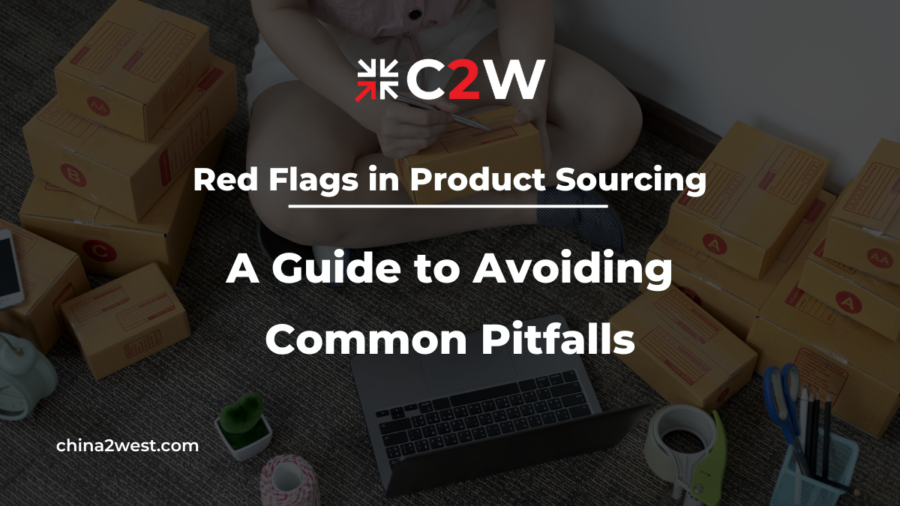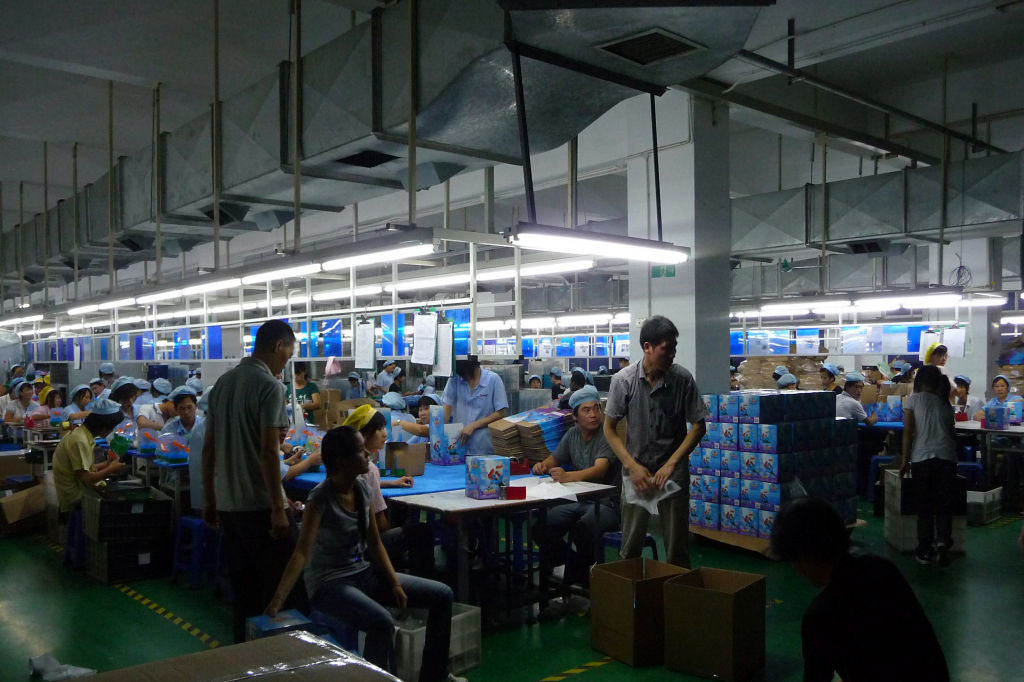In the intricate dance of global commerce, product sourcing is a pivotal step that can either propel a business toward success or lead it into a quagmire of setbacks. As a business owner or procurement manager, understanding the red flags in product sourcing is not just beneficial; it’s essential. This comprehensive guide will walk you through the common pitfalls, helping you make informed decisions and steer clear of costly mistakes.
1. Inadequate Research and Due Diligence
The first major hurdle in product sourcing is the temptation to cut corners in research and due diligence. This often happens in a competitive and fast-paced market where the pressure to quickly onboard new suppliers overshadows the need for a comprehensive evaluation. Such superficial assessments can result in collaborations with suppliers who may not align with your business’s needs in terms of production capacity, quality assurance, or ethical standards.
Deep Dive into Supplier Background
To avoid this pitfall, conduct a thorough background check on potential suppliers. This includes examining their financial stability, production capabilities, quality control processes, and compliance with international standards. Additionally, seek out reviews and testimonials from other clients to gauge their reliability and service quality.
2. Ignoring Quality in Favor of Cost
One of the most prevalent and detrimental mistakes when sourcing from low-cost countries is the tendency to prioritize cost reduction over maintaining high-quality standards. This approach, often adopted in an attempt to boost short-term profits, can have far-reaching negative consequences for a business. While keeping costs under control is undoubtedly crucial for the financial health of any company, excessively compromising on quality can backfire, damaging your brand’s reputation and incurring greater expenses over time.
Quality Assurance Strategies
Ensure that your suppliers adhere to strict quality standards. This might involve regular quality checks, product testing, and a clear understanding of the materials and processes used in production. Remember, investing in quality is investing in your brand’s future.
3. Neglecting Supplier Communication and Transparency
Effective communication is the backbone of any successful sourcing relationship. When a supplier consistently exhibits poor communication or lacks transparency, it raises a significant red flag. When communication is sporadic or unclear, it can result in misinterpretations of specifications, leading to products that don’t meet the required standards. Furthermore, poor communication can also cause delays in response times, impacting lead times and the ability to respond to market changes or emergencies.
Building a Transparent Relationship
Prioritize suppliers who are responsive and transparent in their dealings. Regular updates, clear communication channels, and a willingness to provide information about their operations are signs of a reliable supplier. Consider using technology solutions like supplier portals or collaborative platforms to enhance communication efficiency.
4. Overpromising and Underdelivering
Be wary of suppliers who make promises that seem unrealistic. Overpromising in terms of capabilities, production capacity, or turnaround times is a common red flag. Suppliers who overcommit are often unable to meet these promises, leading to delays and quality issues. Set realistic expectations and timelines and look for suppliers with a track record of meeting their commitments.
Setting Realistic Expectations
It’s crucial to set realistic expectations and timelines. Look for suppliers with a proven track record of meeting their commitments. This involves assessing their past performance, asking for references, and possibly starting with smaller projects to gauge their reliability. A supplier who consistently meets or exceeds their promises is a valuable asset to your supply chain.
5. Overlooking Ethical and Environmental Considerations
In the modern marketplace, the ethical and environmental footprint of a business is not just a secondary consideration but a primary component of its brand identity and consumer appeal. As awareness grows about global issues such as climate change, human rights, and sustainable development, consumers are increasingly scrutinizing the practices behind the products they purchase. This scrutiny extends beyond the end product to encompass the entire supply chain. Ignoring the ethical and environmental practices of your suppliers can lead to a significant erosion of trust and reputation. In an era where information is readily accessible, any unethical practices can quickly become public knowledge, potentially leading to consumer boycotts, negative press, and a loss of market share.
Sustainable and Ethical Sourcing
Ensure that your suppliers comply with ethical labor practices and environmental standards. This includes fair labor conditions, sustainable materials, and eco-friendly manufacturing processes. Partnering with suppliers who share these values not only boosts your brand’s image but also contributes to a more sustainable and responsible global market.
6. Failing to Plan for Logistics and Scalability
Navigating the complexities of logistics and scalability is a critical aspect of product sourcing that is often underestimated by businesses, especially those in their growth phase. As your business expands, the demands on your supply chain intensify, requiring a more sophisticated approach to managing logistics. This complexity is not just about moving products from point A to B; it involves a series of interconnected decisions and actions that can significantly impact your business’s efficiency and profitability.
Strategic Logistics and Scalability Planning
Work with suppliers who can scale their operations to meet your growing demands. Additionally, consider the logistics of transportation, customs, and storage. A robust logistics plan that includes contingency measures for disruptions is essential for a smooth supply chain.
Securing Success in Product Sourcing
Navigating the world of product sourcing is fraught with challenges, but being aware of these red flags can save your business from many pitfalls. Conduct thorough research, prioritize quality, maintain effective communication, uphold ethical standards, and plan for logistics and scalability. By doing so, you position your business for success in the competitive global marketplace.
If you’ve encountered these red flags or need guidance in your product sourcing journey, contact us. Our team of sourcing experts is ready to assist you in making informed decisions and developing a robust sourcing strategy tailored to your business needs.


